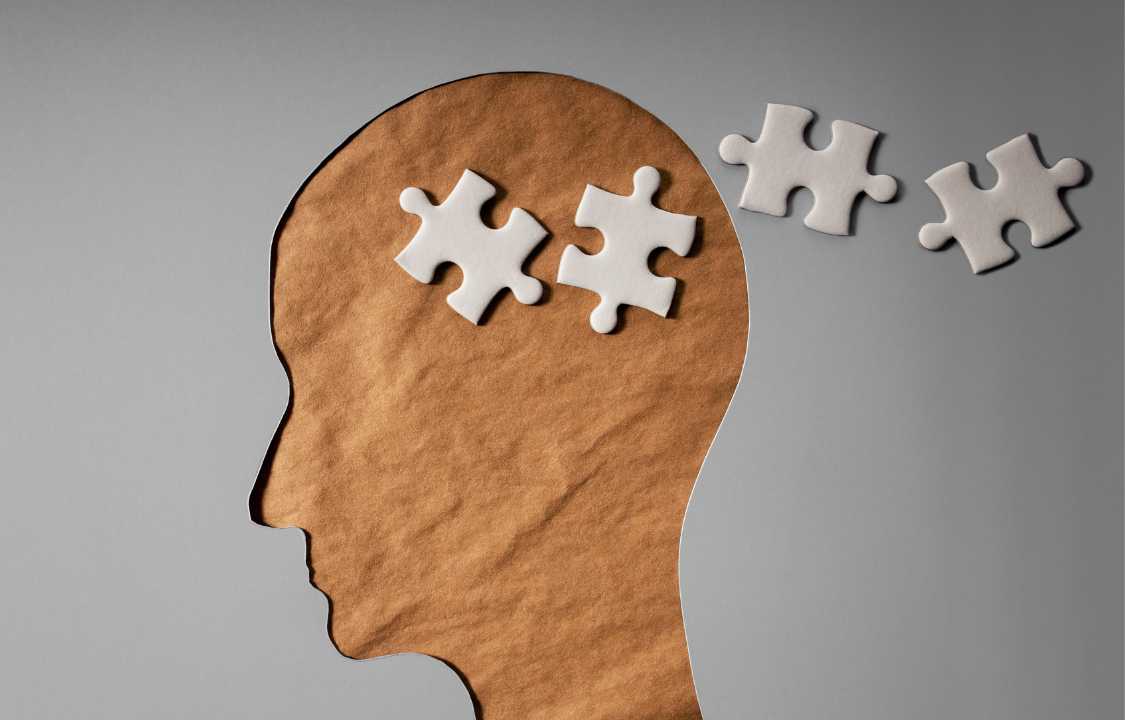To stave off the progression from occasional backaches to chronic and debilitating pain, a comprehensive approach addressing both physical and mental aspects is crucial, according to Dr. Zacharia Isaac, a physical medicine and rehabilitation specialist at Harvard-affiliated Brigham and Women’s Hospital. Dr. Isaac emphasizes the following key elements for maintaining optimal back health: 1. Face […]
Category Archives: Mental Health
Research We’re Watching A study conducted by the University of Washington aimed to determine the effectiveness of mindfulness-based stress reduction (MBSR) compared to cognitive-behavioral therapy (CBT) and conventional treatment with drugs and physical therapy for chronic back pain. The study involved 342 participants aged 50 to 70, with two-thirds of them being women, who had […]
Contrary to common assumptions about chronic back pain stemming from illness or injury, emerging research suggests that psychological factors play a significant role in its development. Numerous studies propose that thoughts, emotions, and subsequent behaviors are often the culprits behind chronic back pain, and an innovative study underscores the effectiveness of treatments targeting beliefs and […]
Consider this: your brain is always active, managing thoughts, movements, breathing, heartbeat, and more, 24/7, even during sleep. This constant activity requires a continuous supply of fuel derived from the food you eat. The quality of this fuel significantly impacts the structure, function, and ultimately, the mood of your brain. Similar to a high-performance car […]
Regular exercise contributes to overall health by preserving muscle strength, maintaining cardiovascular health, supporting weight management, and mitigating the risk of chronic diseases such as diabetes. Beyond its physical benefits, exercise plays a pivotal role in enhancing cognitive function and memory, as highlighted by Dr. Scott McGinnis, an instructor in neurology at Harvard Medical School. […]
When a concern occupies our thoughts persistently, it signifies its importance, and for many individuals as they age, maintaining cognitive sharpness emerges as a paramount priority. This urgency is underscored by alarming projections indicating that dementia could impact nine million Americans aged 65 and older by 2030 and escalate to 12 million by 2040. Dr. […]
Snoring and sleep disorders, often dismissed as benign conditions, can harbor profound health implications. From an elevated risk of heart disease to a heightened susceptibility to certain types of cancer, these nocturnal disruptions can pave the way for long-term health consequences if neglected. It is imperative to acquaint yourself with the potential risks intertwined with […]
Attention Deficit Hyperactivity Disorder (ADHD) is a prevalent neurodevelopmental condition that affects approximately 6 million children in the United States. Among these children, nearly two-thirds exhibit comorbidity with other mental, emotional, or behavioral disorders. One of these co-occurring conditions is childhood traumatic stress, a condition stemming from psychological reactions to traumatic events. This interplay between […]
Dyscalculia is a specific learning disability that primarily affects one’s ability to comprehend and work with numbers. While most children may occasionally struggle with math homework, dyscalculia is characterized by persistent difficulties with numbers and mathematical concepts. It’s like having a different operating system for mathematics in your brain, and it can significantly impact a […]
The symptoms are unmistakable. Your child can’t sit still for any length of time. They seem to struggle with following instructions and staying organized. Could this be indicative of Attention Deficit Hyperactivity Disorder (ADHD)? While ADHD is a common neurodevelopmental disorder, it’s essential to consider other factors before jumping to conclusions. These behaviors might not […]










